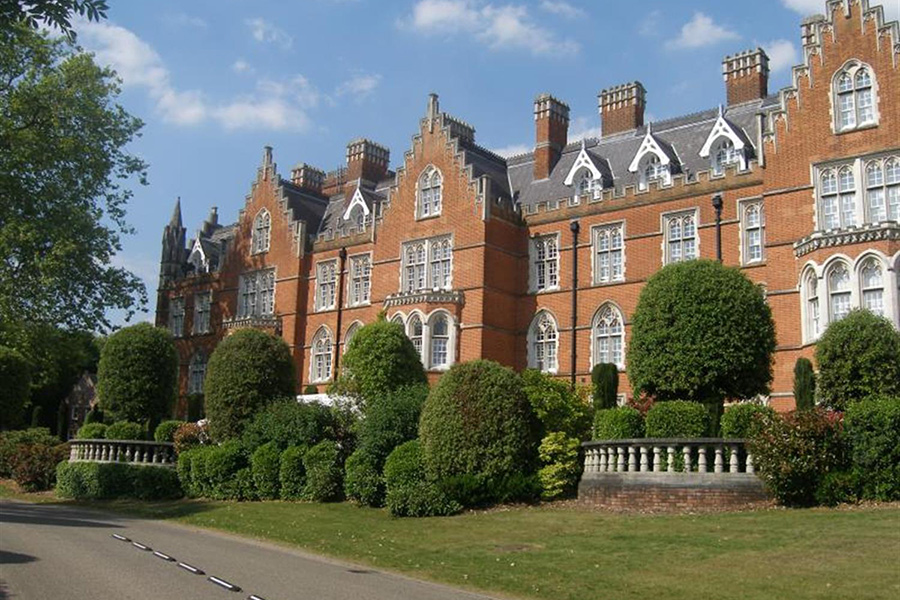
25 May Buying a listed property
The UK has a rich history and as a result we have a wealth of old and historically significant buildings; many of which are still used as homes. We call homes and buildings of a certain age ‘listed’ as they appear on a national register of buildings with architectural or historical importance.
Listed buildings don’t necessarily have to be homes, the listed status can apply to any structure from a barn or a bridge all the way to a gravestone or a telephone box.
We take a look at some of the key things you’ll need to understand when considering buying or renting a listed property.
Remember, we have an amazing catalogue of properties for sale in Virginia Water and the surrounding areas so, visit our award-winning website or call us on 01344 843000 and email us.
What is a listed building?
Anything built before 1700 and is still more or less in its original condition will make the list. Generally, any structure which was built between 1700 and 1914 which are historically significant will be included on the register. These buildings will usually be affiliated with a technological advance or be designed by a prominent architect of the time.
Most ‘listed’ buildings fall in the Grade II category which denotes the place is of ‘special architectural or historic interest’. Some 4% of all listed buildings fall within Grade II Starred status which indicates a structure is of more than just local interest. A Grade I building carries the highest level of protection and is considered of ‘outstanding or national architectural or historical interest’ – Grade I listed buildings make up only 2% of all listed structures in England and Wales.
One of the most sought-after locations for grand townhouse living in the Virginia Water area is Virginia Park; the main building in which is a Grade 1 listed building (pictured above). This stunning building was conceived by philanthropist Thomas Holloway and was built in a Franco-Gothic style between 1873 and 1885.
Making changes to a listed building
Just because a building has a listed status doesn’t mean that you can’t alter or improve it. However, you will need to obtain ‘Listed Building Consent’ from your local conservation officer. This is a person who is employed by your local authority to maintain the integrity of the listed buildings in the local area.
Before buying a listed property make sure that you check the previous owner has not made any unlawful changes to the property; if they have, it will be the new owner’s responsibility to correct it or return it to its original state.
While you can make changes and extend a listed building, your local conservation officer is likely to insist that any materials – bricks/tiles – match the original which can sometimes prove problematic.
Maintenance
Old things need regular maintenance, this is an unfortunate fact of life. A listed property will have a long list of things that need to be maintained on a regular basis and it’s a good idea to take a note of these things BEFORE you buy as some can be costly.
Make sure you check the roof, especially if it is thatched or the tiles are showing signs of weathering; you should also pay special attention to any guttering and external pipework. External woodwork and brick/stonework will need to be checked regularly for wear or rot. While many of these things sound simple enough to take on yourself, you will need to speak to a construction expert to ensure the work is carried out to the standards required by the local authority’s conservation standards.
While buying a listed home can have its foibles, most owners describe it akin to owning a classic car; yes, it needs servicing regularly and you need to take care of it differently, but the satisfaction taken each time you start it up is more than worth it.
Get in Touch
If you are thinking of moving to the area, make sure you take a look at our amazing catalogue of properties for sale in Virginia Water and the surrounding areas.
If you’d like to speak to someone about properties to let in Virginia Water, a member of our expert team would be happy to help. You can call us on 01344 843000 or email us. You can also follow us on Facebook, Twitter, Instagram and LinkedIn.
